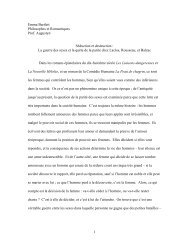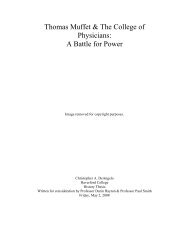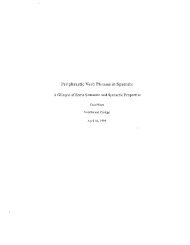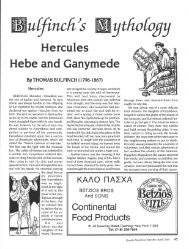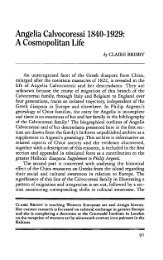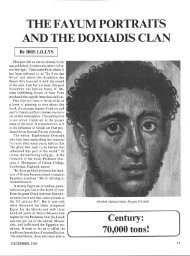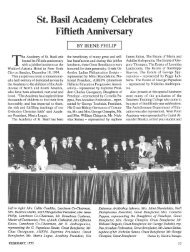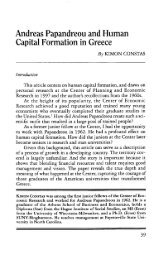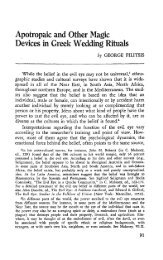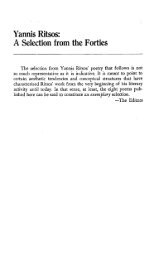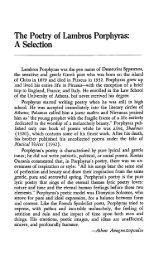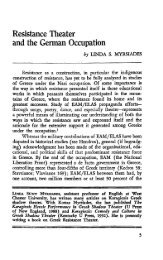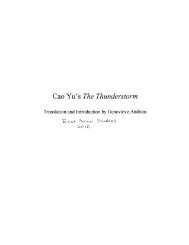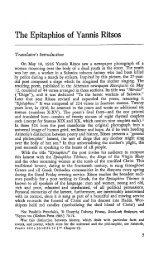Translating Neruda: Femininity and Sensuality ... - Triceratops Home
Translating Neruda: Femininity and Sensuality ... - Triceratops Home
Translating Neruda: Femininity and Sensuality ... - Triceratops Home
You also want an ePaper? Increase the reach of your titles
YUMPU automatically turns print PDFs into web optimized ePapers that Google loves.
Mueller 26<br />
own interpretation, <strong>and</strong> each translation is a different underst<strong>and</strong>ing of how <strong>Neruda</strong> can<br />
be conveyed in the target language.<br />
The sexuality of the seventh stanza presents most prominently the issue of<br />
bowdlerization in the target language. <strong>Neruda</strong>’s image is very clearly sexual: “Galopa la<br />
noche en su yegua sombría / desparram<strong>and</strong>o espigas azules sobre el campo.” Eisner’s<br />
decision to assign the night a female gender builds on the female gender of the noun in<br />
Spanish, but for once <strong>Neruda</strong> seems to be ignoring this gender assignment in favor of<br />
representing night <strong>and</strong> darkness in a stereotypical heterosexual framework, with the night<br />
itself seeding the shadows with the promise of life. The sexuality of this stanza is the<br />
victim of some level of bowdlerization in all of the translations, though it is impossible to<br />
tell what of this is intentional <strong>and</strong> what is the cause of incomprehension on the part of the<br />
translator. Both Ossman <strong>and</strong> Hagen’s <strong>and</strong> Eisner’s use of “wheat” keeps the connection<br />
to nature that <strong>Neruda</strong> establishes with his use of “espigas,” a word that does not easily<br />
translate to English but refers to the tiny sprouts that grow from wheat, <strong>and</strong> in both cases<br />
they maintain the progression from night galloping on a mare to the scattering of wheat,<br />
though Eisner’s “wheat stalks” removes the implication of insemination. Merwin’s<br />
translation of “shedding blue tassels” works to obstruct the sexual undertones of the<br />
original lines by entirely eliminating the connection to nature <strong>and</strong> new life. Previtali also<br />
loses the sexual implication of sowing seeds, with “showering bright blue sparks,” a<br />
translation that fixates instead on <strong>Neruda</strong>’s unusual choice of the adjective “azul” (blue).<br />
By choosing not to fully represent the sexuality of this demonstrative example of<br />
<strong>Neruda</strong>’s early use of eroticism, the translators alter the conclusion of the poem <strong>and</strong><br />
problematize its capacity to accurately represent <strong>Neruda</strong>’s early writing.



